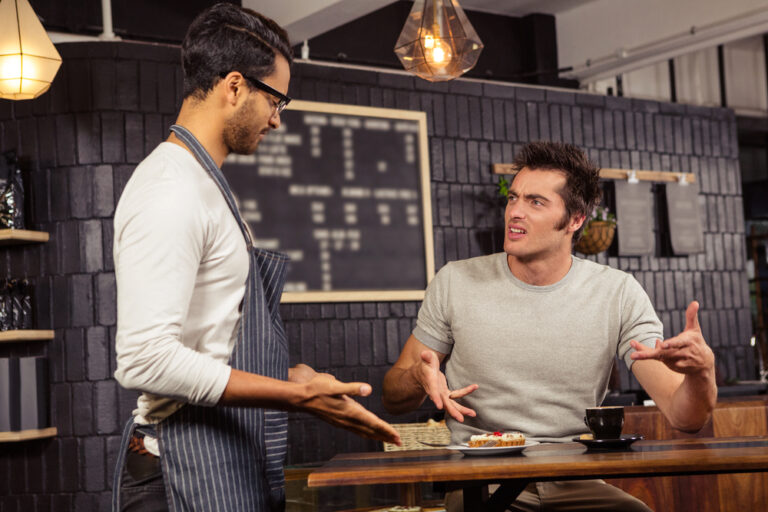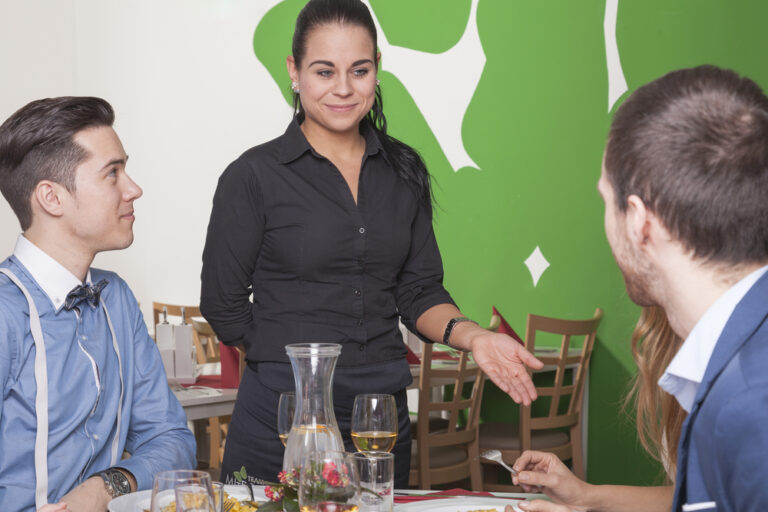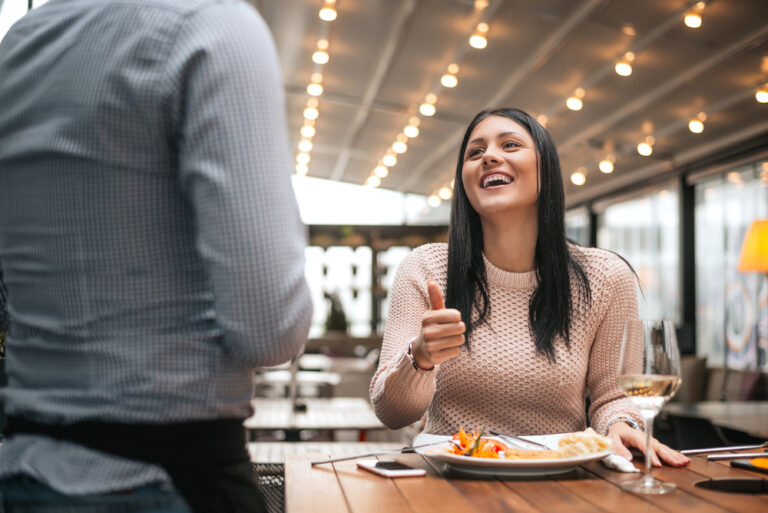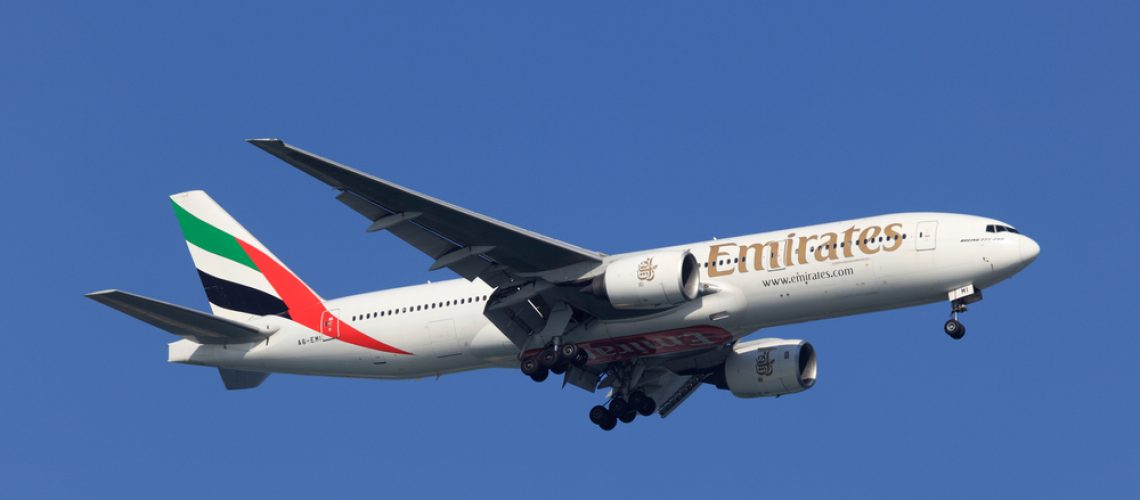During a recent flight, a TikTok travel influencer, who strictly adheres to a gluten-free diet due to her celiac disease, faced an unexpected ordeal. Despite notifying the airline about her dietary requirements, she was mistakenly served a croissant that contained gluten. The consequences were devastating, causing digestive discomfort, physical distress, and a significant disruption to her journey.
Lesson 1:
Don’t give an influencer food poisoning
Influencers possess a significant online presence and their experiences can have a profound impact on their followers and audience. If an influencer were to suffer from food poisoning due to consuming unsafe or contaminated food, it can not only lead to their personal distress but also result in negative publicity for the establishment responsible.
It is essential for businesses and individuals to prioritize food safety, ensuring that the food served to influencers and all customers is prepared and handled with utmost care, adhering to strict hygiene practices and following proper food safety protocols. By doing so, one can avoid the potential backlash and reputational damage that can arise from giving an influencer food poisoning.

Lesson 2:
Don’t let an influencer feel like they are unheard
Influencers hold significant sway over their audience, and their opinions and experiences can greatly impact public perception. When an influencer feels ignored or disregarded, it can lead to negative publicity and a loss of trust from their followers.
It is essential to value and acknowledge the feedback, concerns, and suggestions of influencers, especially when it pertains to areas such as product/food quality, customer service, or brand reputation. Treating influencers as valued partners and ensuring they feel heard and respected can contribute to a mutually beneficial and successful collaboration.

Lesson 3:
Don’t let the public feel like you aren’t caring
The lesson from the food poisoning incident on Emirates Airlines is to never let the public feel like you aren’t caring. In situations where customers experience negative events such as food poisoning, it is crucial for businesses to display empathy, concern, and a genuine commitment to addressing the issue.
Promptly acknowledging and taking responsibility for the incident, along with transparent communication and a proactive approach to resolving the problem, can help regain the trust of affected customers and the wider public. Demonstrating care and empathy in the aftermath of such incidents showcases a commitment to prioritizing customer well-being and maintaining high standards of food safety.

Lesson 4:
Influencers have more power than ever before
The food poisoning incident on Emirates Airlines serves as a powerful reminder that influencers have more power than ever before. With their large and engaged following, influencers can quickly amplify their experiences and opinions, shaping public perception and influencing consumer behavior.
In this case, the incident involving a food poisoning incident during a flight garnered significant attention due to the influencer’s reach and influence. It highlights the need for businesses and brands to recognize the impact that influencers can have on their reputation and bottom line. Acknowledging the power of influencers and effectively engaging with them has become a crucial aspect of modern marketing and brand management strategies.

Lesson 5:
You don’t know who an influencer is
The last important lesson from this dreadful incident is that you may not always know who an influencer is. In today’s digital age, influencers can come from various backgrounds and industries, and they may not always have a recognizable title or persona. It is important for businesses, whether they are small or big companies, to treat all customers with care and prioritize their safety and satisfaction, regardless of their online influence.
The incident involving an influencer on Emirates Airlines underscores the need for consistent adherence to food safety protocols and high-quality service for all passengers. Every customer should be treated as a potential influencer, as their experiences and opinions can impact brand reputation and consumer perception.
By providing excellent service and ensuring a safe and enjoyable experience for all, businesses can foster positive relationships and protect their reputation, regardless of whether someone identifies themselves as an influencer or not.

Food for thought...
The power of influencers in the realm of food safety lies in their ability to hold the industry accountable. By sharing their experiences, influencers can drive change, encouraging companies to invest in better training, stringent quality control measures, and improved communication to ensure the provision of safe and inclusive dining experiences for all.
